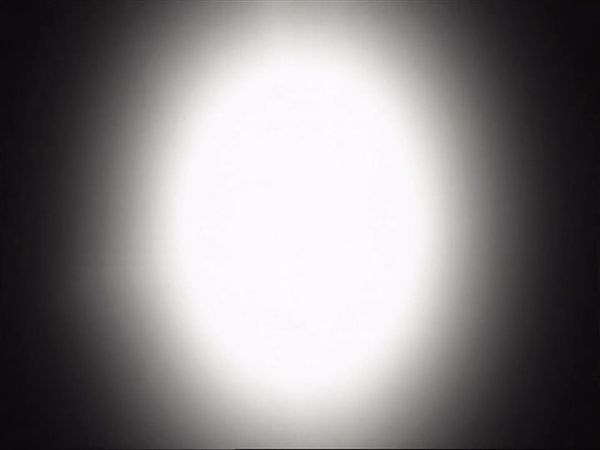 An immense Beyond will one day burst forth and absorb the universe?
An immense Beyond will one day burst forth and absorb the universe?
I want to share a quote from Frithjof Schuon. It is eerily double in its meaning. Perhaps you don’t find it as spine-tingling as I do, but let’s give it a try:
Our world is but a furtive and almost accidental coagulation of an immense beyond, which one day will burst forth and into which the terrestrial world will be reabsorbed when it has completed its cycle of material coagulation.
Schuon means this in a metaphysical sense; that is his area of expertise, after all. But lately, theoretical cosmologists have come to almost exactly the same description of the physical universe.
You are no doubt familiar with the “Big Bang” hypothesis about the origin of our universe. But what has gained less attention is the “cosmic inflation scenario”. In this, which is our best approximation to facts so far, the Big Bang was not actually the start of our universe. Well, it was a prerequisite for it, but the energy (for lack of a better word) of the Big Bang is not contained within our known universe. Rather, our universe appeared as a bubble of “false vacuum”, most likely one of a myriad such bubbles (although we will never be able to know, since we cannot see beyond our bubble).
Yes, what became our universe was simply a bubble in the stream that flowed from the Big Bang, a limited area that was filled with fields of potential – protoenergy, perhaps we could call it – which later coagulated into matter and energy as we know them today. The current laws of nature did not appear until this bubble universe coalesced from a field-filled bubble into actual space, time, matter and energy. (And dark matter and dark energy, presumably, about which we only know that they probably exist, not what they are.)
According to this theory, it is more probable than not that an enormous number of “universes” exist, with a varying number of dimensions, with and without matter and energy as we know them or some other waves and particles that may have a similar relation to each other as our energy and matter have in our known universe. If these universes don’t share any forces or particles that interact with ours, they could occupy the same space and time and we would never know. Of course, it is not obvious that they have space and time at all, they could have completely different dimensions.
According to the same theory, it is not at all obvious that our configuration is the most stable. If it is not, then elementary particles will eventually decay and the universe will evaporate. Or another universe might burst into ours and engulf ours, triggering a change in our natural laws that would make the universe spontaneously change into a different configuration. There is no particular reason why matter and energy should continue to exist indefinitely. There is however an extremely high probability that they will do so for many millions and even billions of years yet, so this is not exactly something scientists lose sleep over.
***
Atheists generally assume that consciousness is a more or less accidental function of matter and energy. Schuon, on the other hand, holds the opposite to be true: Consciousness is pervasive, the form it takes is accidental. In our universe, consciousness settles in certain configurations of atoms, but this could not have happened unless the universe was already permeated by consciousness. Much like energy and matter cannot be created or destroyed by natural processes, information theory says that information can also not be created or destroyed, only transformed. It is then no big leap of faith to assume the same for consciousness, as the next step up from matter – energy – information. Well, for metaphysicists it is not; for physicists, it may be too big a leap, perhaps.
But in any case, regardless of whether we will be around in some form to witness the end of the universe, it is still an amazing thing to speculate about. In a manner of speaking, our mind is already present at the Big Bang through the power of our imagination. If we were to know enough about the end of the universe, we would in a manner of speaking be able to “fore-see” it with our mind’s eye. The human mind, as I have said before, is not bound tightly to the flow of time. We constantly make jumps backward in time (memory) or forward (anticipation), showing that we ourselves belong to a higher dimension than the fourth dimension of time. If not, we could not traverse it with our mind.
This fifth dimension, through which we can break “the fourth wall”, is itself part of the immense beyond. So it seems likely, in a way, that the end of the universe need not be the end of consciousness. That said, most of us would probably prefer to stay in this “coagulated” universe as long as possible. ^_^
